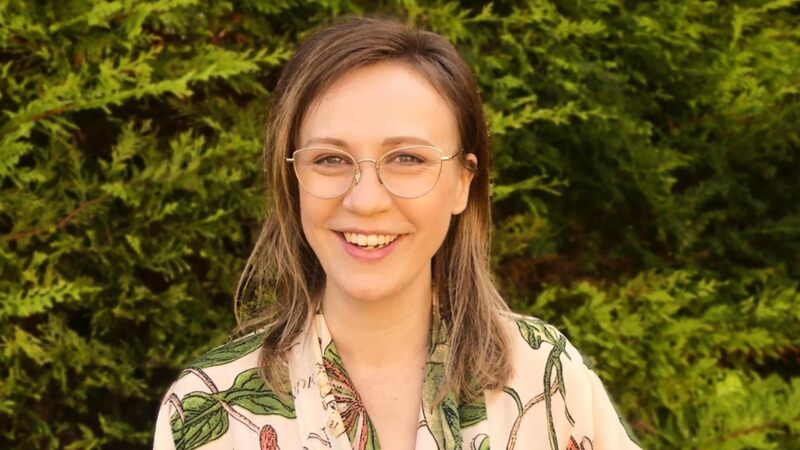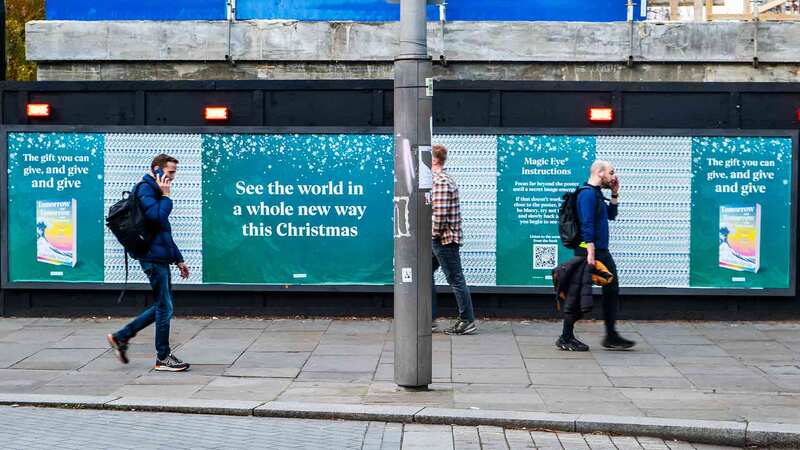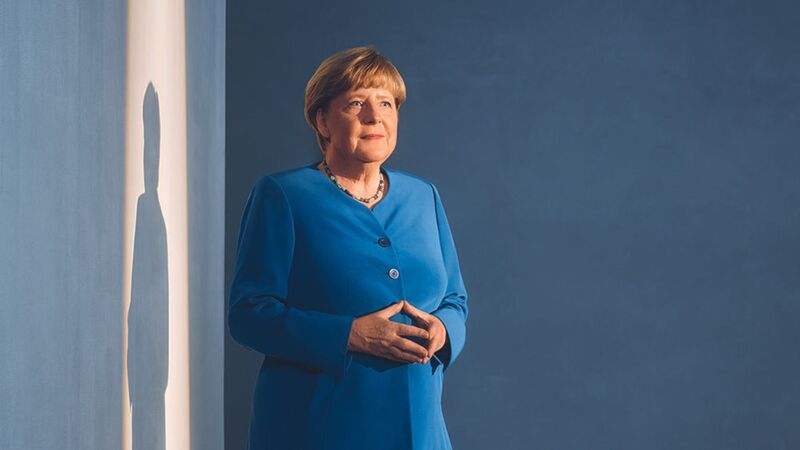You are viewing your 1 free article this month. Login to read more articles.
EU sets 2020 target for Open Access science research
The European Union Competitiveness Council has made an agreement that all publicly funded science research articles in Europe must be freely accessible from 2020.
The council, which brings together ministers of science, innovation, trade and industry, reached the agreement at a meeting in Brussels on Friday (27th May).
Council president Sander Dekker said: "Research and innovation generate economic growth and more jobs and provide solutions to societal challenges, and that means a stronger Europe. To achieve that, Europe must be as attractive as possible for researchers and start-ups to locate here and for companies to invest. That calls for knowledge to be freely shared. The time for talking about Open Access is now past. With these agreements, we are going to achieve it in practice."
An EU press statement said: "The results of publicly funded research are currently not accessible to people outside universities and knowledge institutions. As a result, teachers, doctors and entrepreneurs do not have access to the latest scientific insights that are so relevant to their work, and universities have to take out expensive subscriptions with publishers to gain access to publications.
"From 2020, all scientific publications on the results of publicly funded research must be freely available. It also must be able to optimally reuse research data. To achieve that, the data must be made accessible, unless there are well-founded reasons for not doing so, for example intellectual property rights or security or privacy issues."
The council also called on the wider research world, including funders, to change the way scientists are assessed, judging them not just on number of publications or citations, but paying more attention to the societal impact of their work.
In a statement, The International Association for Scientific, Technical and Medical Publishers (STM) warned: "The majority (over 80%) of the world's research is still published under the subscription model. A transition to 'immediate' open access by default by 2020 will present both costs and wider consequences to the scholarly communication system. The upfront costs of an immediate transition will need to be covered. These costs, under the gold open access route, will currently fall disproportionately on research intensive countries that produce more research relative to the rest of the world. Therefore, until such time as there is a global transition to gold open access, European countries will be simultaneously paying to support research that is 'free to read and use' whilst concurrently paying to access reader-pays subscription content which will still be prevalent across the rest of the world."
It added: "Where the 100% target is to be achieved via the green route, it is vital that embargo periods be set at a sustainable level to enable the subscription model to continue to support the operation of high quality journals and thus the sustainable creation of high quality content."

















